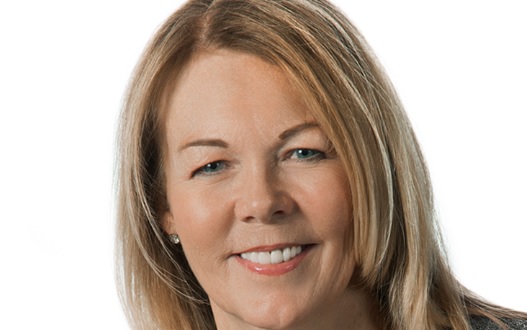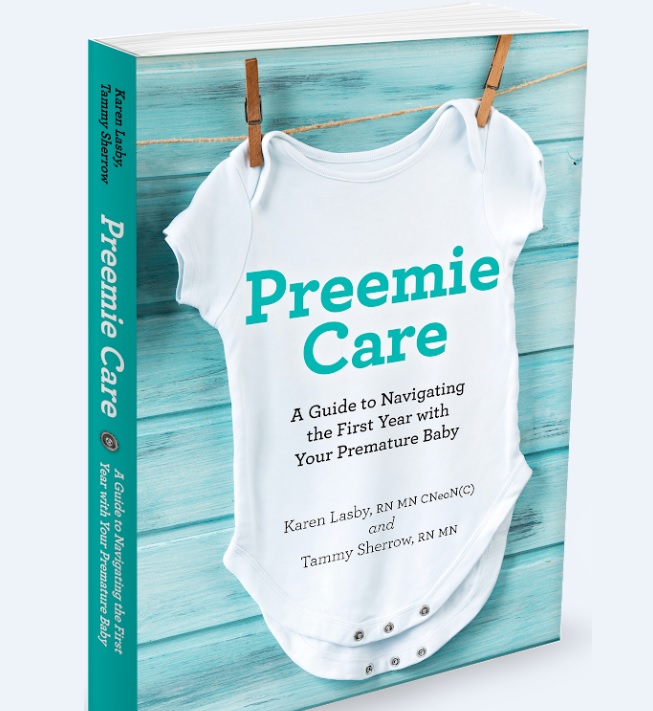While Canadian hospitals provide excellent care for premature babies, that intense level of care can, at first, be overwhelming for parents. The authors of a new book offer advice to help parents cope.
“The…earlier a baby is born premature, often, the more significant health issues they can have and it can require a full-on, multi-disciplinary team to initially care for that baby and stabilize it,” says nurse and authorTammy Sherrow.
“The environment can be very overwhelming. Equipment, staff, and the language alone can make parents feel like they’ve landed in a foreign country almost.”

Initially, parents may not be able to hold their babies. (iStock)
Premature birth is the leading cause of death
Babies are normally born at between 37 and 41 weeks gestation. Canadian government statistics from 2017 show that almost eight per cent of infants are born before that. Sherrow says the world figure is one in ten. Premature birth is the leading cause of death of newborns in Canada.
A pre-term birth is often unexpected and can shock parents.
“Many parents can’t initially provide care or even hold their baby,” says Sherrow. “So, we recommend initially seeking information because knowledge is power for these parents. They need to write down their questions, ask those difficult why questions, request meetings with their health care team. And often parents can attend the daily rounds with the team.”

Skin-to-skin contact is beneficial to both parents and preemies. (iStock)
Feeding is a challenge
Once the infant is stabilized, parents can take on activities such as providing skin-to-skin contact which can have benefits such as stabilizing heart rate, oxygen levels, temperature and helping parents bond with their babies.
After preemies are released from hospital, parents face the challenge of caring for them at home. Between 30 and 80 per cent of preterm babies are readmitted to hospital. The challenges include getting them to feed well and grow.
Help often needed
“It often it takes more than one adult to care for a recently-discharged preemie,” says Sherrow. So she and her co-author have written a chapter for parents on “preparing your life preserver.” It includes a letter that parents can send to friends and family suggesting how they can help. It may include preparing a meal, caring for a toddler, walking a dog, doing a load of laundry or just listening and providing emotional support.
Sherrow says that often parents are so often focused on their baby’s health they will neglect their own. “You cannot pour from an empty vessel. So, it’s really important that parents also look after their own health to be able to help their baby nurture and grow.”

Nurse Tammy Sherrow describes the needs and help she offers for parents of premature babies.
Listen
In their book, nurses Tammy Sherrow and Karen Lasby offer advice for parents of premature babies while they are in hospital and after their discharge home.







For reasons beyond our control, and for an undetermined period of time, our comment section is now closed. However, our social networks remain open to your contributions.